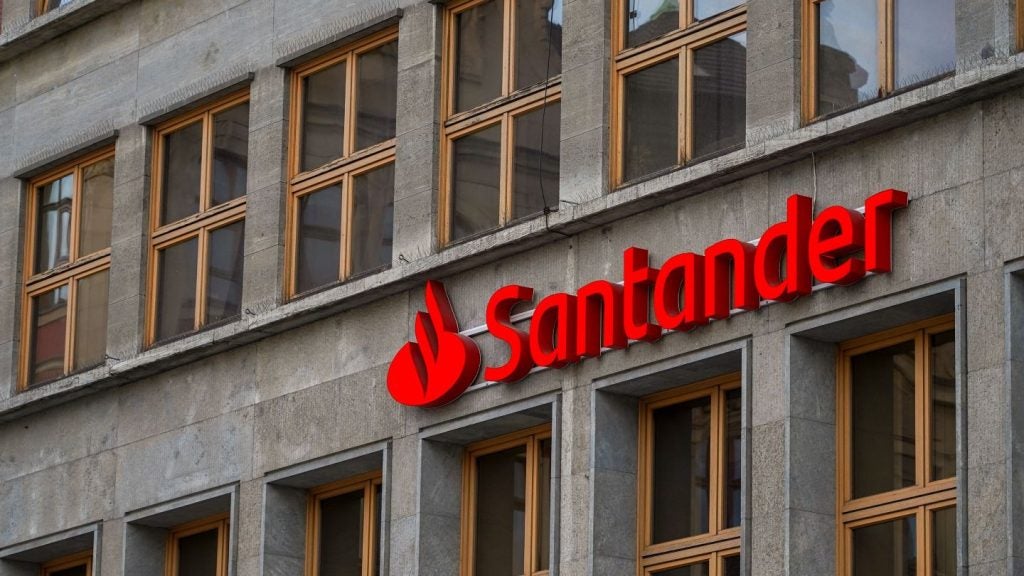
There has been a whirlwind of change in the corner offices of some of the UK’s largest companies in recent months, including high-profile departures such as Gavin Patterson, the CEO of BT; Sir Martin Sorrell, CEO of WPP, and Paul Polman, the CEO of Unilever.
CEOs face immense pressure to grow their business and meet the expectations of internal and external stakeholders. A comprehensive strategy must be implemented for them to succeed. Unfortunately, companies are often unable to carry out critical strategic initiatives effectively, especially when it comes to staffing.
How well do you really know your competitors?
Access the most comprehensive Company Profiles on the market, powered by GlobalData. Save hours of research. Gain competitive edge.

Thank you!
Your download email will arrive shortly
Not ready to buy yet? Download a free sample
We are confident about the unique quality of our Company Profiles. However, we want you to make the most beneficial decision for your business, so we offer a free sample that you can download by submitting the below form
By GlobalDataAccording to recent research published in the FT, the number of UK chief executives resigning from their posts has doubled as businesses face sluggish financial growth and difficult EU regulations. In 2022, the number of chief executives who left their roles at FTSE 350 companies jumped by 111pc, far exceeding the 39pc increase among America’s S&P 500.
The acceleration came after leaders guided businesses through hurdles, including the Covid-19 pandemic and the conflict in Ukraine, causing some to remain in their positions longer than anticipated to guarantee steadiness.
David W. Duffy, CEO and co-founder of the Corporate Governance Institute, said: “The role of the CEO has become even more crucial They must be able to inspire and effectively oversee employees while also ensuring the company is staying ahead of competition by adapting to changes in the market. They must also be prepared to make difficult decisions, such as reducing expenses or letting go of personnel to guarantee corporate financial success.”
One of the most pressing concerns for CEOs in the UK, as recently highlighted by John Neal, CEO of Lloyd’s of London – the world’s largest insurance market – is bringing employees back to the workplace.
“Three years ago, employers embraced remote work and implemented policies designed to promote the well-being of those who worked from home, including supplying IT equipment, offering meditation apps, and giving assistance to those dealing with issues such as stress.”
David concludes: “CEOs may want their employees back in the office due to the potential for increased collaboration and communication, higher productivity, and a more robust corporate culture. Additionally, some CEOs may deem it necessary to be in the office for particular kinds of work or to maintain a professional appearance. They can achieve this goal by creating a safe and comfortable work environment, providing employees with the necessary resources and tools to do their jobs, and fostering a culture of collaboration and communication. CEOs should be flexible with their employees’ schedules and offer remote work options when possible, to help accommodate their needs.”








